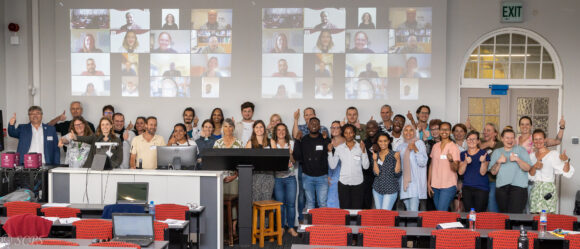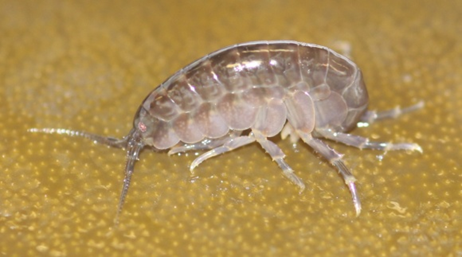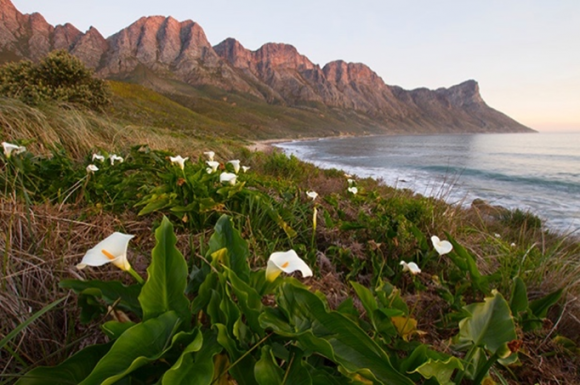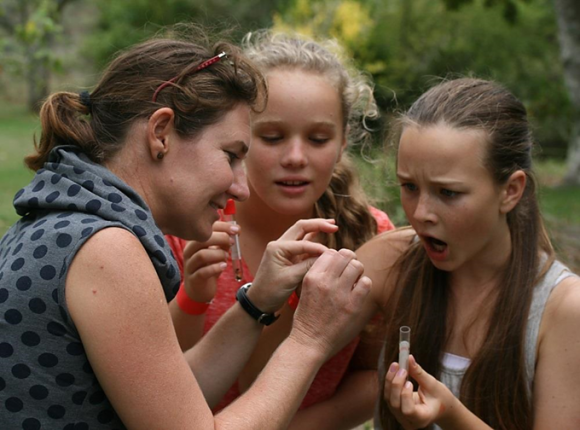On 22 November, the Centre for Invasion Biology (C·I·B) hosted its Annual Research Meeting in Stellenbosch. The hybrid meeting brought together C·I·B postgraduate students, senior academics, as well as research associates and partners of the Centre. The hybrid model further allowed for online participation from international delegates and keynote speakers.
The meeting was opened by Professor Sibusiso Moyo, Stellenbosch University’s Vice-Rector for Research, Innovation and Postgraduate Studies. The first speaker of the day was C·I·B founder and former Director Professor Steven Chown, now Professor of Biological Sciences at Monash University, Australia, and Director of Securing Antarctica’s Environmental Future, with his keynote address titled The Case for a C·I·B and its Long-Term Research.
One of the aims of the Annual Research Meeting is to give post-graduate students the opportunity to present their research and results. Students presented their work in research pods with diverse topics ranging from invasion ecology and dynamics, impacts of invasions, policy, and management interventions, to post-invasion restoration problems and perspectives.
Adding to the day’s programme was a thought-provoking keynote address from Professor Camille Parmesan, Director of Research at CNRS Theoretical and Experimental Ecology (SETE), France, focussing on the impacts of climate change on species and their implications for conservation. Acting C·I·B Director, Guy Midgley, added by emphasizing the impacts of climate change on the spread of invasive alien species and the subsequent effects on biodiversity.
The day concluded with a ceremony where the best PhD and MSc presentations were awarded with a travel grant. The award for best PhD was awarded to Siphosenkosi Mbonani (based at University of the Witwatersrand) with his project on prickly pear (Opuntia engelmannii) populations in four South African provinces.
“I plan to fund my trip as a Visiting Researcher at the Florida Museum of Natural History, University of Florida, USA. I am aiming to visit and conduct some cytogenetic and population-level research on Cactaceae on the subject of genomic variations among Opuntia species in South Africa (and possibly in their home range, the Americas). The Florida Museum of Natural History is doing relevant and extensive work around this topic, and it would be great to learn new cytogenetic and genomic skills and techniques which will subsequently be developed and used in South Africa to manage cacti invasions,” says Siphosenkosi Mbonani, winner of the best PhD presentation.
Armand Engelbrecht (based at University of Pretoria) was named winner of the best MSc for his project analysing stable isotope ratios of historical and recent samples of invasive and indigenous rodents, and its implications for urbanization in Gauteng Province.
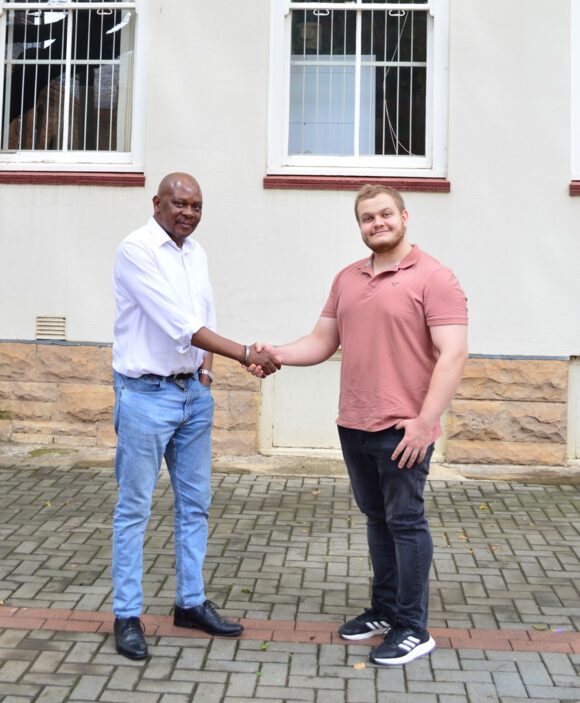 |
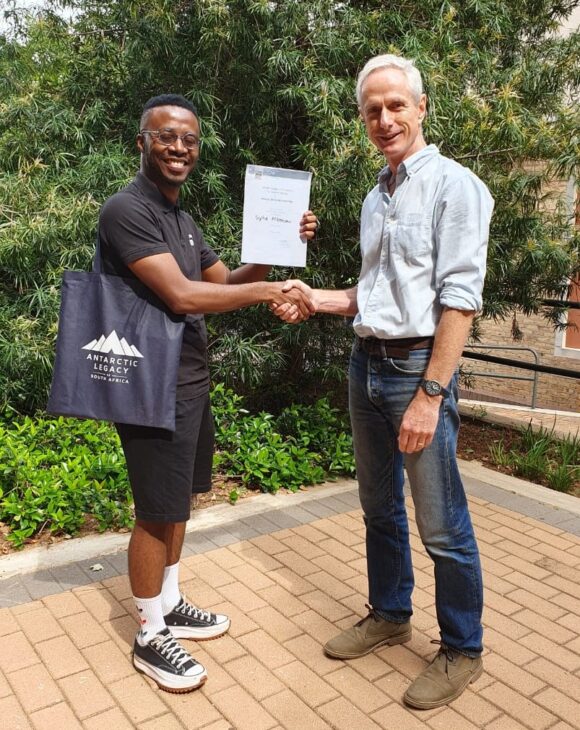 |
